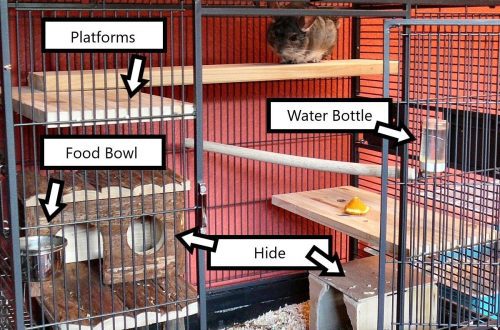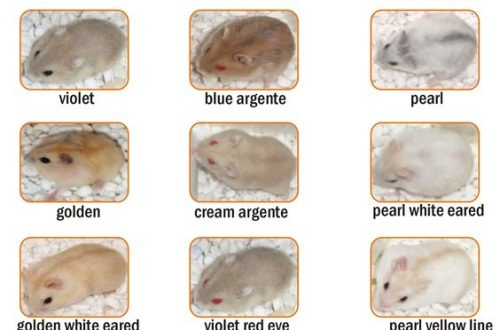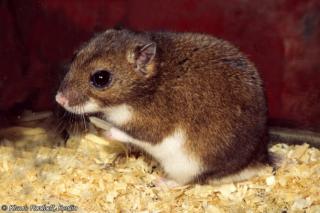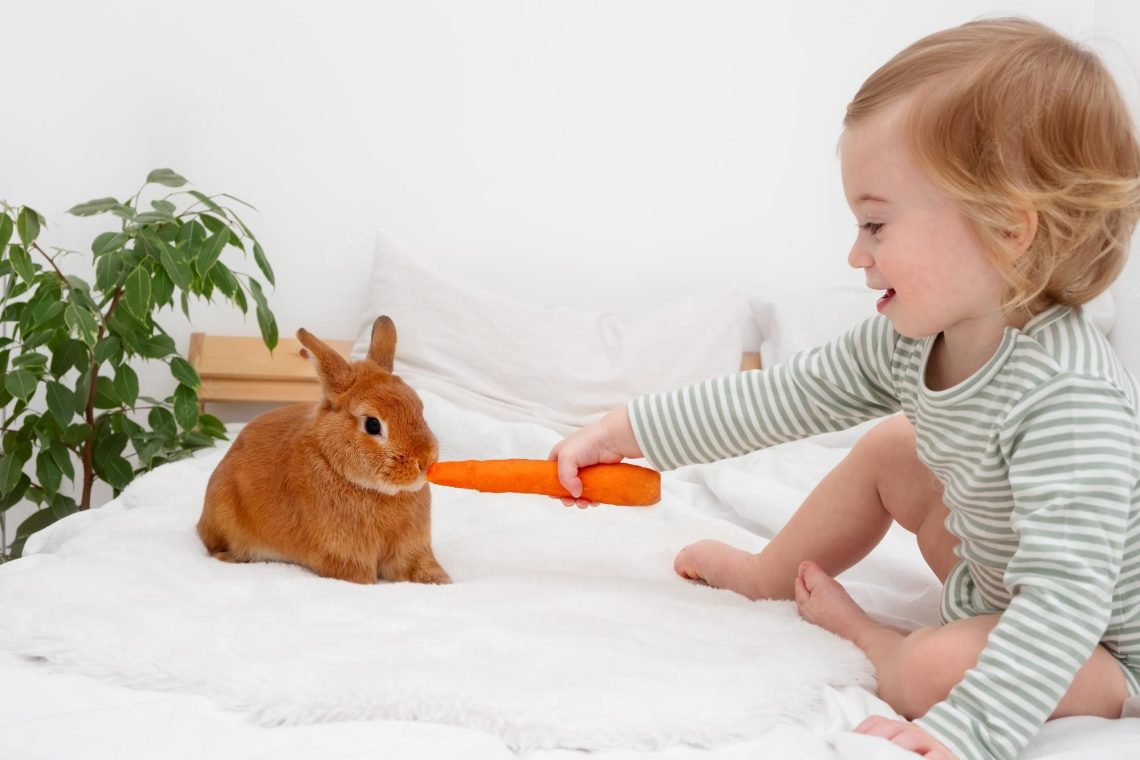
Feeding decorative rabbits
Decorative rabbits are quite popular pets that delight their owners with their good disposition and curious habits. But the quality and life expectancy of pets directly depend on proper feeding. In our article, we will talk about what you can and cannot feed rabbits.
Rabbits are herbivores, and their diet consists exclusively of plant foods. During the warm months, rabbits feed on fresh herbs, and in winter, hay. In their natural habitat, wild rabbits gnaw branches and trunks of trees with great enthusiasm, and also eat leaves. They contain a large amount of vitamins, high-quality protein, micro and macro elements, which is very beneficial for health and strengthening the immune system. But various varieties of cabbage, beets and apples, contrary to stereotypes, are not the most favorite delicacy for rabbits.
Rabbits need hay for their digestive system to function properly. Fresh hay should be aged for at least 6 weeks before being offered to the rodent. It is best to purchase ready-made hay from trusted manufacturers, as this product is thoroughly cleaned and completely safe. Some owners also use hay as bedding. Hay for feeding is recommended to be placed in a separate feeder so that it does not get contaminated.
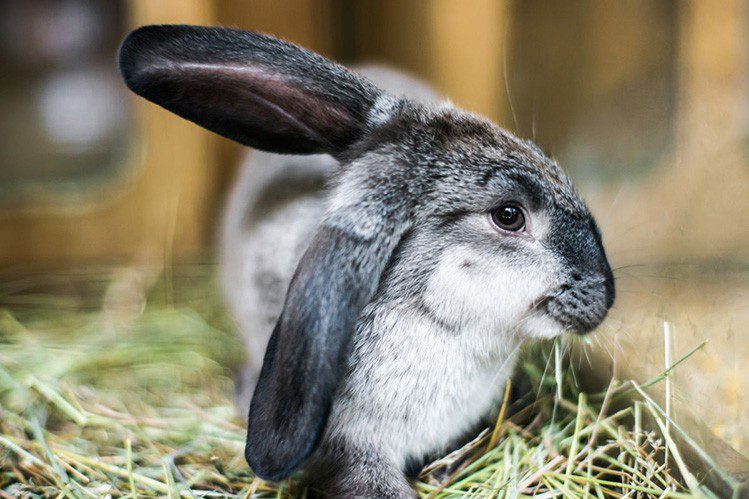
In the summer months, it is useful for rabbits to give complexes of herbaceous plants (dandelion, plantain, chickweed, yarrow, and others). In a limited number, a pet can be pampered with creeping or meadow clover, alfalfa (before flowering). Do not forget that grass for feeding can only be collected in ecologically clean places or purchased at pet stores.
In early spring, greens are added to the diet. It is advisable to mix a small amount of greens with hay so that the rabbit diligently extracts its delicacy and does not overeat.
As for cabbage, cauliflower, Brussels sprouts and kohlrabi are suitable for rabbits. Not only the head of cabbage is eaten, but also the leaves and the stalk. Red, white and savoy cabbages should only be given in small amounts, as from it, rabbits develop flatulence.
Beets (fodder and common), as well as carrots, are the favorite food of rabbits, which they will never refuse.
Also included in the diet:
Apples (no core)
Potatoes (raw, without sprouts and eyes).
Corn (unripe and ripe cobs, young sprouts wrapping leaves) – but in small quantities!
Branches of linden, birch, ash, beech, apple, pear.
Branches with leaves of oak and willow are useful in indigestion.
Crackers (from white and black bread) – 10 grams per 1 kg. body weight.
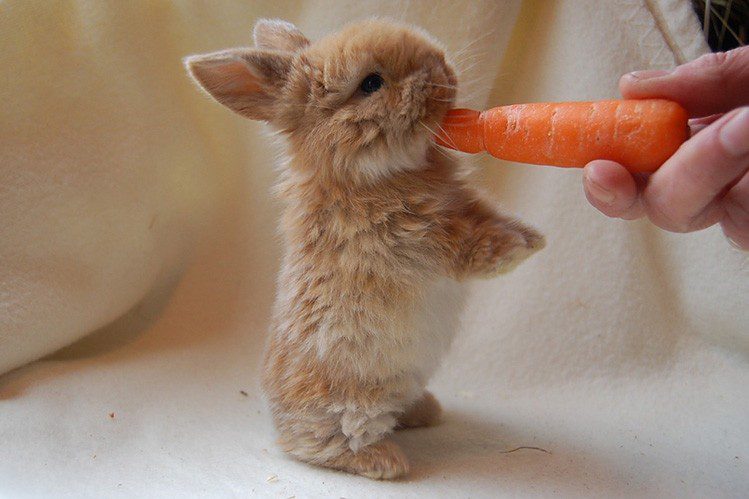
Products from the table (salted, peppered, spicy, fried, boiled dishes, various sweets, preservatives, pastries, etc.).
Sweet clover (high content of coumarin adversely affects blood clotting).
Grass growing near roads and industrial sites.
Poisonous plants for rabbits (datura, marsh horsetail, celandine, hemlock, etc.).
Unripe fruits.
Berries with seeds.
Dairy.
Some vegetables (onion, radish, eggplant, green potatoes, tomatoes, cucumbers, etc.).
Exotic fruits.
Some grains (millet, rice, rye).
Ready-made rations make feeding pets much easier. All components in them are pre-balanced, which means that the owner does not have to puzzle over the combination of products and spend time preparing food.
Hay-based feed is the ideal choice for rabbits. Such food meets the natural needs of herbivores, is easily digestible and does not lead to weight gain.
Do not forget that water should always be freely available to the pet.



